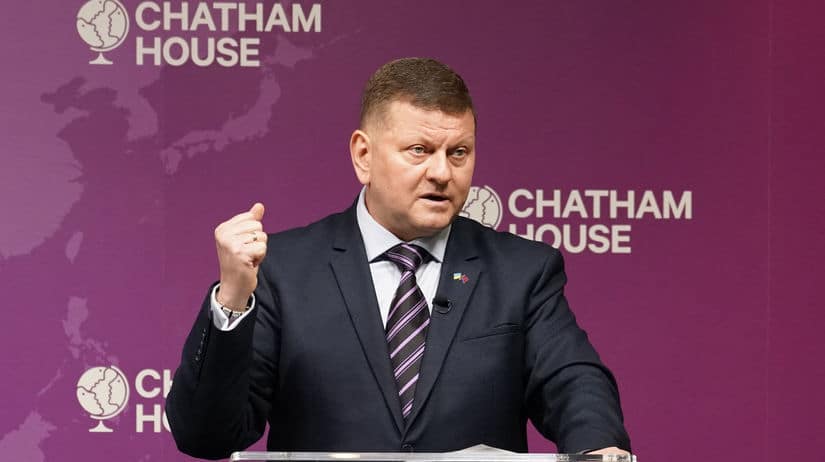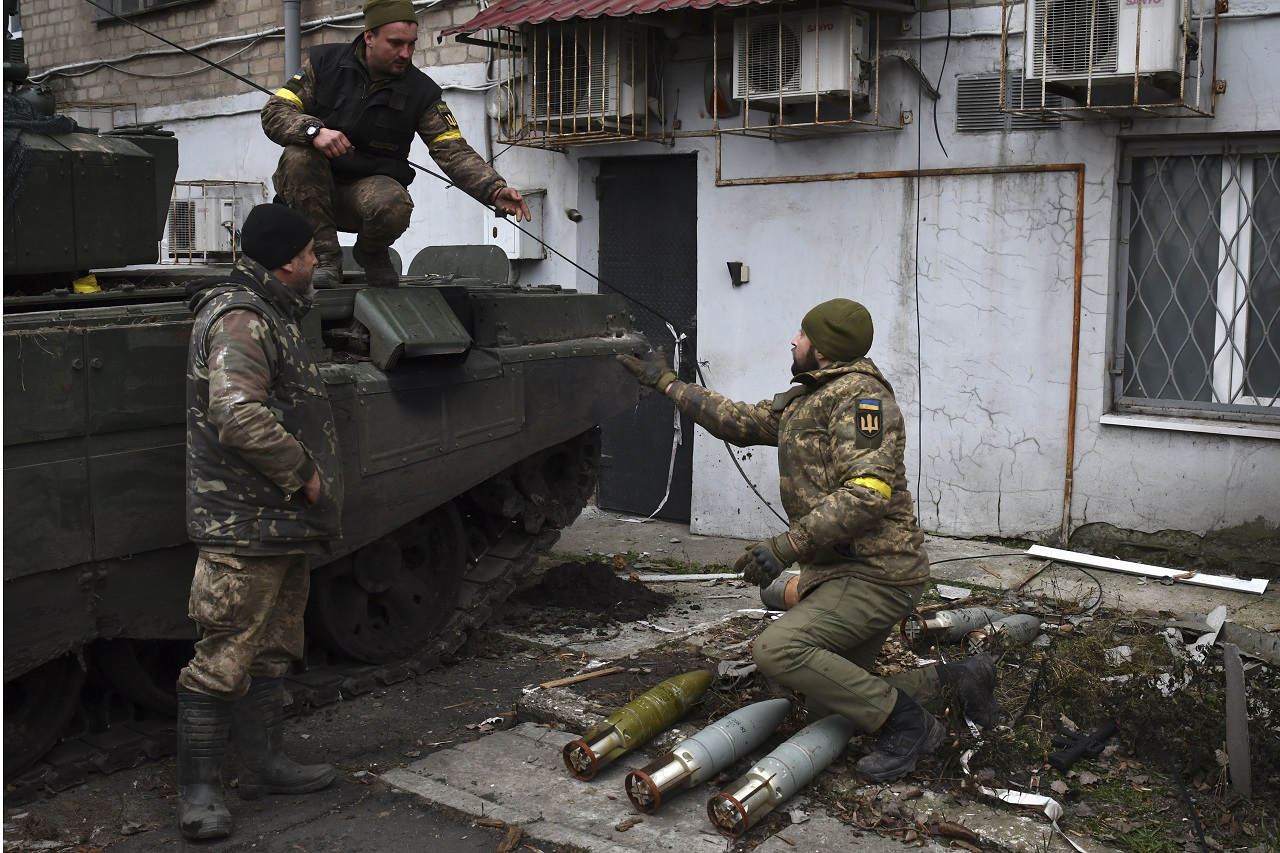Nwoo.org Taylor
Regulated laws regarding online slot88 gambling differ depending on which country is being considered; some impose state monopoly while others permit private businesses to operate freely.
These laws can make it hard to ascertain if a form of online gambling is legal or not, making it crucial that you become familiar with its regulations prior to engaging in any form of gaming online.
Austria
Austria’s online gambling laws are relatively player-friendly, though some limitations and restrictions do exist. All online casinos operating within Austria must obtain a license from the government and establish physical offices within its borders; licenses are issued by the Ministry of Finance under regulations. Furthermore, each province can determine their own legal stance regarding small stakes gambling and sports betting considered skill games.
Casino bonuses in Austria can be an excellent way to attract new players while keeping existing ones happy, but players must read through all the terms and conditions as some offers come with high wagering requirements or limited timeframes.
Austria is a federal republic and executive power resides in its Federal Government led by President and Chancellor Local governments such as municipal, district, and village councils may also conduct public business. Contract freedom is an integral principle under Austrian law; oral agreements and, under certain conditions, implied ones can become legally binding agreements.
The Netherlands
Though Netherlands is known for its liberal attitude toward various vices, when it comes to gambling its lawmakers take a conservative stance and have never been eager to introduce regulated online casino operations. Furthermore, their latest legislation places strict conditions on establishing remote gaming providers.
Players from the Dutch republic who want to enjoy online slots gambling do have options available to them, though. Casinos that accept registrations from this jurisdiction offer multiple banking solutions that are both safe and convenient, such as debit and credit cards, prepaid solutions, and digital wallets such as Skrilla that enable safe transfer of funds without jeopardizing private information.
Online slot fans from the Netherlands can also benefit from progressive jackpots that increase with every bet made on their favourite games, offering lucrative prizes that could be awarded if any player manages to score a winning combination.
Sweden
Sweden may not boast the glitter of Las Vegas casinos, but it does boast several online gambling operators that provide players with a variety of casino games like classic slot machines, table games like blackjack and roulette, baccarat, and bingo.
Swedish casinos must operate under a national license granted by Spelinspektionen, an official government body which ensures player protections and high standards of security. Therefore, players should only trust licensed operators and avoid sites which do not hold such permits.
On paper, the country’s gambling regulations appear robust and designed to safeguard players from harm. Yet the industry appears to be taking advantage of these rules to increase profits and increase market share – possibly contributing to why many of its players have gambling-related health problems.
South Africa
Though South Africa’s National Gambling Act of 2004 forbids online gambling, players still enjoy real money casino games on unregulated offshore sites that do not protect player’s personal details adequately – causing many experts to voice concern over what effect such an anti-gambling policy could have on local economies.
As part of its strategy to combat this issue, the country has implemented measures that encourage its residents to rely on official platforms rather than illegal betting websites. In part, this has proven successful as official platforms have generated significant betting revenues that have been reinvested back into its economy.
Conclusion
Matai believes the absence of an appropriate legal framework has cost South Africa “huge amounts of employment and tax revenue opportunities”. To make things easier for players, Matai suggests the introduction of regulations and licensing processes for international operators would benefit both SA and their international operator’s partners.






























